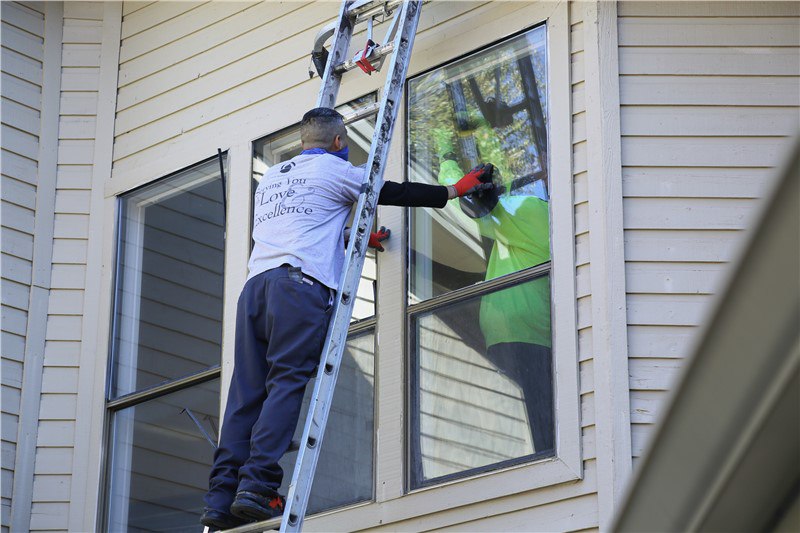Tech Versum: Explore the Future of Technology
Dive into the latest trends and innovations in technology with Tech Versum.
Window Replacement: See Your Home in a New Light
Transform your home and let the sunlight in! Discover stunning window replacement ideas and tips for a brighter, more beautiful space.
Top 5 Benefits of Window Replacement for Your Home
Replacing your windows can dramatically enhance your home's energy efficiency. As old windows become less effective over time, they can lead to significant heat loss during winter and heat gain during summer. By investing in energy-efficient windows, homeowners can save on their energy bills while reducing their carbon footprint. In fact, according to the U.S. Department of Energy, replacing worn windows can lower heating and cooling costs by 7 to 15 percent.
Beyond energy savings, new windows can significantly boost your home's curb appeal and overall value. A fresh, modern look can make a substantial difference in your property's aesthetic while also attracting potential buyers if you decide to sell. In addition, updated windows often come with improved functionality, including better sound insulation and easier maintenance. As noted by Realtor.com, renovated windows can result in a return on investment (ROI) of around 70% to 80% when selling your home.

How to Choose the Right Windows for Energy Efficiency
Choosing the right windows for energy efficiency is crucial for maintaining a comfortable home while reducing energy costs. Start by considering the window's energy performance ratings, which are typically listed in the National Fenestration Rating Council (NFRC) label. Look for windows with a low U-factor, as this indicates better insulation properties. Additionally, pay attention to the Solar Heat Gain Coefficient (SHGC) to understand how well windows block heat from sunlight. If your home experiences extreme temperatures, selecting windows with low emissivity (Low-E) coatings can help keep indoor temperatures stable, significantly enhancing your energy efficiency.
Another essential aspect to consider is the frame material of the windows. Options like fiberglass or vinyl often provide superior insulation compared to aluminum frames. Moreover, don’t overlook the importance of proper installation; even the best windows can underperform if not installed correctly. For more detailed guidance on selecting windows, you can refer to this comprehensive EPA guide. Taking the time to evaluate these factors will help you make an informed decision that enhances your home's energy efficiency for years to come.
What to Expect During the Window Replacement Process
Replacing your windows can rejuvenate your home’s aesthetic and improve energy efficiency. During the window replacement process, you can expect a thorough assessment of your current window conditions. The first step typically involves an in-home consultation with a qualified contractor who will evaluate the existing windows, measure the openings, and discuss your preferences. You may also want to consider energy-efficient options, which can lead to long-term savings. For comprehensive insights on window types and their benefits, consider visiting Energy.gov.
Once you've made your selections, the actual installation will commence. The process usually takes between one to two days, depending on the number of windows being replaced. It’s important to prepare your home for this disruption; removing any curtains, blinds, or obstacles around the work area will facilitate smoother installation. After the windows are fitted, the crew will conduct quality checks to ensure everything is sealed and functions properly. Make sure to inquire about warranty options for your new windows to safeguard your investment. For more information on measuring and preparing for a window replacement, you can check out Home Depot.